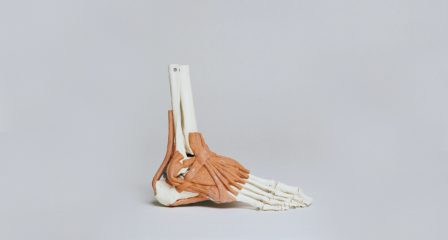Myth: Reducing energy intake and creating an energy deficit will always result in weight loss.
Creating an energy deficit that is too large can inhibit weight loss. Reducing energy intake too much can lower the resting metabolic rate and cause the body to go into starvation mode. The body will cease burning fat, so it can draw on it for energy if it is required later. If weight loss is the desired goal, creating a small energy deficit is more beneficial.
Myth:Training glycogen depleted will help me burn more fat and perform better.
Many people will train glycogen depleted especially when training early in the morning. However, this can be detrimental to performance. The train low compete high principle does not suit all athletes and sports. During high intensity exercise carbohydrates are the preferred fuel source. Therefore, training glycogen depleted can result in low energy levels, decreased concentration and poor performance outcomes.
Fact: Some foods are more likely to cause gastrointestinal discomfort during training or competition than others.
The type of food you consume pre-training or competition is very important. Stomach pain or discomfort is common during exercise when foods that can irritate the bowel are consumed or if food is eaten too close to training. Foods high in fat can cause stomach discomfort as well as foods high in fibre. Many people avoid eating to prevent this from happening which can then lead to decreases in performance. A Sports Dietitian can work with you to create a plan before training and competition to limit gastrointestinal discomfort.
Fact: Reducing your energy intake too low to aid in a reduction of fat mass can lead to decreased performance and poor health outcomes.
A reduction in overall energy intake over a long period of time coupled with a high training load can be detrimental for health and performance. It can lead to a condition known as Relative energy deficiency in sport (RED-S). RED-S is a condition which is the result of inadequate energy intake and/or excessive energy expenditure. Under-eating and not consuming sufficient energy for your training load can lead to underperformance, amenorrhea (loss of period) and an increased risk of injury.



